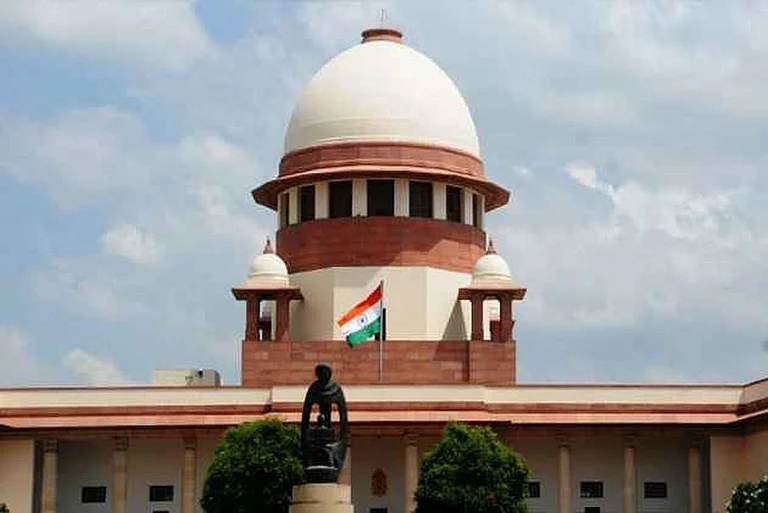There were no safety nets then between Merry and the abyss. No counsellors, no programmes, no understanding. Merry spent a year in Vellore, working intensively with Neeraj. Back in Delhi, she put him, then six years old, in a 'reputed' special school. That's when the real downhill journey started, says Merry. According to received wisdom, the school treated Neeraj's 'aberrant' behaviour by tying him to chairs, locking him up, sometimes slapping and beating him. He responded with frightening violence. Things kept getting worse and finally, in '92, she withdrew her son and went to the Options Institute in Massachusetts, US. That proved to be a turning point.
Autism is a little understood disability which impairs a person's social, communicative and abstract thinking skills, yet often heightens sensory perception. This means that an autistic person is trapped in a bubble world which has no relation to the world around. Unless trained how to express their needs, violence or intense behaviour becomes an autistic's communicative tool.
The Options course helped Merry turn Neeraj,and since then hundreds of others like him,into a story of triumph. She worked alone with Neeraj for a year at home,helping him develop a vocabulary and a sense of the world around him.
As Neeraj learned to communicate, the flashes of intense behaviour became more rare. Fuelled by her success, Merry began to reach out to others. Starting small, she wrote a paragraph dispelling myths about autism and pasted them in scores of video shops, onto cassettes of Rainman, the film in which Dustin Hoffman plays an autistic. She also started a journal called Autism News, typing and printing them herself; and began to counsel and run intensive home programmes for other parents. It was fun, I felt positive, smiles Merry. Her crusade had struck roots.
Starting a school called Open Door, with one student and Neeraj in '94, today Merry and her team of teachers cater to over 70 autistic children. Perhaps even more crucially, they train teachers, counsel parents and hold workshops in places as far flung as Bhubaneshwar, Mumbai, Ludhiana, Rajasthan, UP, Mirik, Bangladesh and Nepal. They have helped parents set up support groups and nerve centres like Hope for Autism and Parents of Autism in Calcutta and Bangalore.
Former bank employee and mother of two autistic children Indu Chaswal says: Merry changed our lives, made us realise that we can train ourselves. Another parent, Anne, once a software engineer, echoes that: Merry's so upbeat, I didn't realise she was a parent herself, when I first met her. We felt life had ended, says she, but now I've learnt to enjoy my son.
It's been tough going. Autism was not officially recognised by the Disability Act of '95 and is still dismissed even by some at the who as western disorders, bad parenting, or affecting only the rich! So legal advocacy and the hunt for grants are a parallel activity, Merry and her team could well do without. But the crusade continues. New bridges are built between one world and the other, miracles add up. Merry's now trying to create respite services and open a larger institute which can offer temporary residences for outstation parents.
If you want to help, call 6416469, or get in touch at
T-370 F,
IIIrd Floor,
Chirag Gaon,
New Delhi.




















